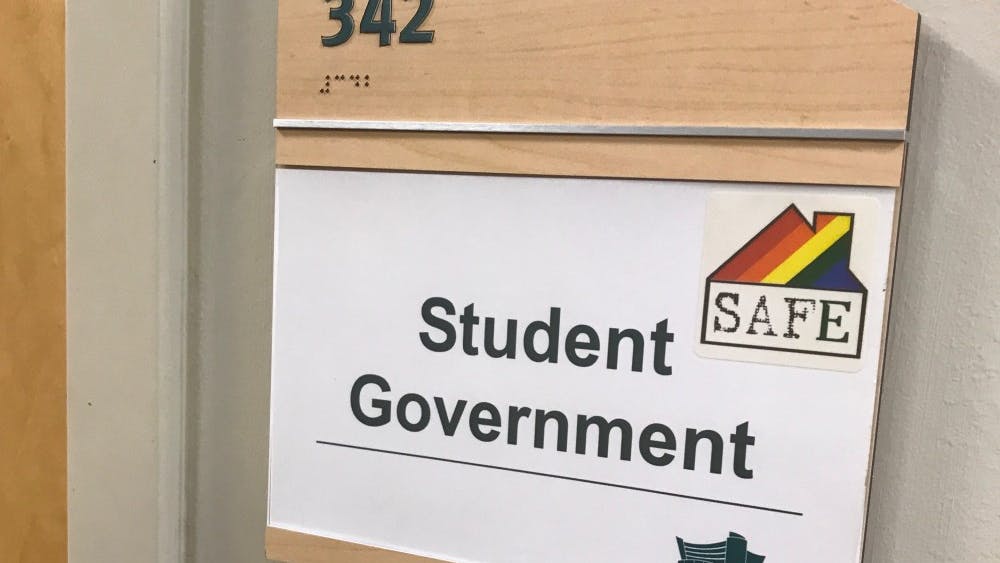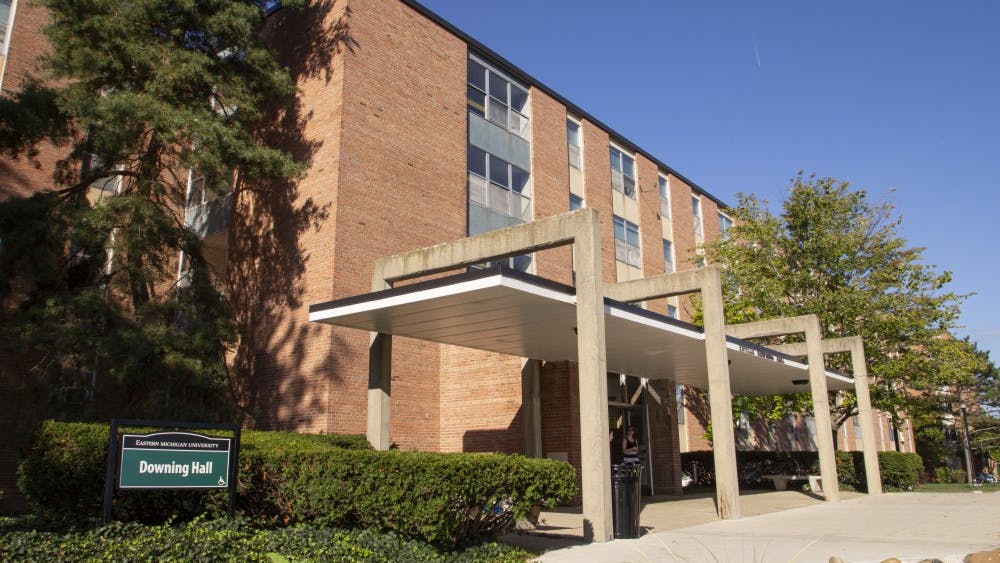As the spread of COVID-19 increasingly alters daily life, EMU students face the transition to online classes, moving in with family, financial struggles, and a never-ending list of other potential problems.
Chris Beauchene has been at EMU for five years. Up until his move back in with his parents on March 27, Beauchene worked as a Residential Advisor for EMU’s Cornell Courts Apartments.
“The day that the decision from the University came through to suspend classes… I remember I was in class with one of my professors in one of my lab-type classes and the professor took probably the first 15 minutes of class and talked to us about it,” Beauchene said. “He was like ‘I’m going to be honest with y’all, I don’t really know what class is going to look like.’”
Four out of five of Beauchene’s courses this semester were lab-intensive or fully labs. He had a professor that had never used Canvas. Despite this uncertainty, he describes all of his instructors to be “understanding.”
“We got a rush of emails at first and they were trying to get everything figured out and so the first probably week and a half there was a lot of uncertainty,” Beauchene said.
Beauchene remained on-campus until March 27. He witnessed many students moving out during that time.
“I, as an RA, was getting probably two to three emails a day. Every question you could think of about leaving campus was probably asked,” Beauchene said.
“The first probably three days from [in-person classes being suspended], I don’t think there was a time that there weren’t cars loading up in the parking lot. Throughout the entirety of this, there were people non-stop getting in their cars and leaving,” Beauchene added.
EMU Housing created time slots students had to sign up for that reduced the number of people on campus at once in order to practice social distancing. Students placed their keys and a move-out form in an envelope then placed it in their mailboxes to reduce contact with EMU housing employees.
“For what Housing could do for what the situation was, they did do a pretty good job of figuring out how to change move outs to reduce risk to students,” Beauchene said.
Karin Hartmaier is a commuter at EMU. She continues to live, and now quarantine, with her family. Her parents told her she had to quit her job at Target.
“My parents made me quit Target and now I’m broke,” Hartmaier said. “I have about 300 in my savings account and that’s it.”
Academically, Hartmaier is adjusting but overall, she does not report her grades suffering.
“It’s been a mix of everything. Some professors just reached out [April 3] for the first time, while others send like three emails a day. So it’s overwhelming, just like, trying to keep track of everything sometimes. Especially because some of my professors didn’t even use Canvas and now we have due-dates that I wasn’t aware of popping up but I’m trying my best,” Hartmaier said. “I’ve stayed on top of everything... Also, it helps that a lot of exams are open-note and open-book.”
While Hartmaier is keeping up academically and she did not experience moving off-campus, she is an active member of Sigma Sigma Sigma, or commonly called “Tri Sigma,” where everything has changed due to social distancing practices.
“[COVID-19] has messed up a lot of things [for my Sorority],“ Hartmaier said. "All of our socials were canceled, our events, all of our meetings, and we’re actually being told by National’s that we can’t do anything. No sorority or fraternity across the country have that guideline in place right now. We’re not allowed to do anything it’s basically like social probation but quarantine probation.”
According to Hartmaier, funds allocated for these canceled events have no concrete purpose. To make a decision, the sorority would need to vote on the budget which is “really hard to do since we can’t meet in person,” said Hartmaier.
“So there’s a lot of money that we have in the budget that we don’t know what to allocate it to,” Hartmaier said.
As students adjust to life during a pandemic, EMU has made a few accommodations such as providing $500 and $1000 grants for summer classes, a mental health chatbot specifically for issues regarding COVID-19, virtual CAPS appointments, IHA shifting off-campus, and more.










